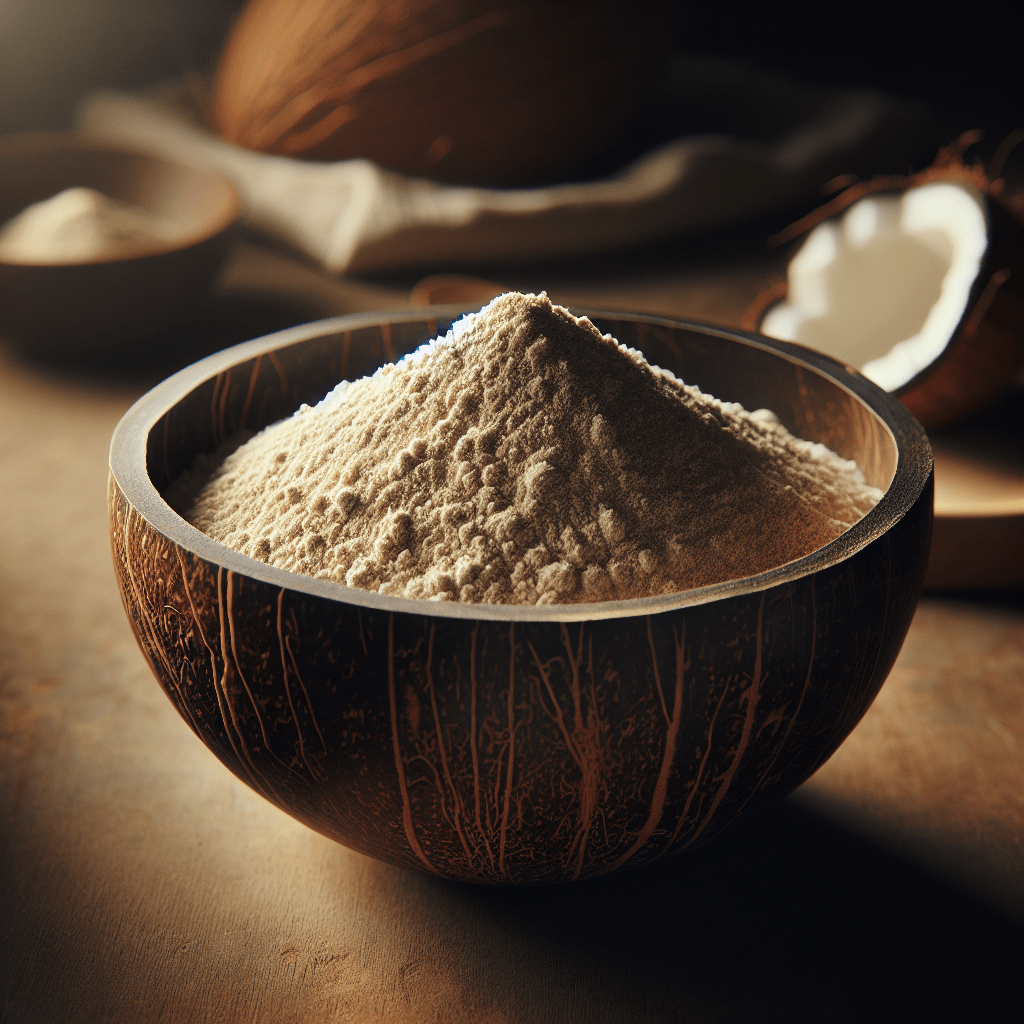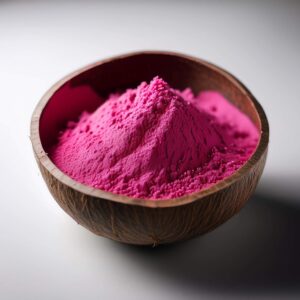Explore the scientific research supporting the use of psyllium husk for gut health.
Recent studies have shown that psyllium husk can significantly improve gut health by promoting regularity and enhancing the microbiome. This article delves into the scientific findings surrounding psyllium husk, how it interacts with the digestive system, and why it should be a staple in any health-conscious diet.
The Science Behind Psyllium Husk and Gut Health
In recent years, gut health has become a hot topic in the wellness world, and for good reason. A healthy gut is essential for digestion, nutrient absorption, immune function, and even mental well-being. Among the many natural remedies and supplements touted for supporting gut health, psyllium husk stands out as a star player. But what exactly is psyllium husk, and what does scientific research say about its benefits for your digestive system? Let’s dive in!
What is Psyllium Husk?
Psyllium husk is derived from the seeds of the Plantago ovata plant, which is native to parts of Asia and the Mediterranean. It’s a type of soluble fiber that forms a gel-like substance when mixed with water. This unique property makes it an excellent dietary supplement for improving digestion and promoting regular bowel movements.
You’ve probably seen psyllium husk as a key ingredient in fiber supplements like Metamucil, but it’s also available in its raw form as a powder or whole husk. Its versatility and effectiveness have made it a popular choice for those looking to improve their gut health naturally.
How Does Psyllium Husk Work in the Gut?
To understand why psyllium husk is so beneficial, it helps to know a little about how fiber works in your digestive system. There are two main types of dietary fiber: soluble and insoluble. Soluble fiber dissolves in water and forms a gel-like substance, while insoluble fiber adds bulk to stool and helps it pass through the digestive tract.
Psyllium husk is primarily a soluble fiber, which means it absorbs water in your gut and slows down digestion. This has several positive effects:
- Promotes Regularity: By absorbing water, psyllium husk softens stool and makes it easier to pass. This can help prevent constipation and promote regular bowel movements.
- Feeds Good Gut Bacteria: Psyllium acts as a prebiotic, meaning it provides food for the beneficial bacteria in your gut. A healthy gut microbiome is crucial for overall well-being.
- Supports Digestive Comfort: The gel-like consistency of psyllium can help soothe the digestive tract, reducing symptoms like bloating and cramping.
What Does the Research Say?
Scientific studies have provided strong evidence to support the use of psyllium husk for gut health. Here are some of the key findings:
1. Improves Constipation and Diarrhea
Psyllium husk is perhaps best known for its ability to relieve constipation, but did you know it can also help with diarrhea? Because it absorbs water, psyllium can bulk up loose stools while softening hard ones. A study published in the journal Alimentary Pharmacology & Therapeutics found that psyllium was effective in improving stool consistency and frequency in people with chronic constipation.
On the flip side, research has shown that psyllium can reduce diarrhea by thickening stool and slowing its passage through the intestines. This dual action makes it an ideal choice for people with conditions like irritable bowel syndrome (IBS), where symptoms can swing between constipation and diarrhea.
2. Supports a Healthy Microbiome
Your gut is home to trillions of microorganisms that play a vital role in digestion, immunity, and even mood regulation. Psyllium husk acts as a prebiotic, feeding the “good” bacteria in your gut and helping them thrive.
A study published in Nutrients found that regular psyllium supplementation increased levels of beneficial bacteria like Bifidobacteria and Lactobacilli. These microbes produce short-chain fatty acids (SCFAs), which have anti-inflammatory properties and support gut barrier integrity.
3. Helps Manage IBS Symptoms
Irritable bowel syndrome (IBS) is a common condition that affects the large intestine, causing symptoms like abdominal pain, bloating, and irregular bowel movements. While there’s no one-size-fits-all treatment for IBS, psyllium husk has shown promise as a natural remedy.
A meta-analysis published in the American Journal of Gastroenterology found that psyllium was more effective than insoluble fiber (like wheat bran) in improving overall IBS symptoms. Its ability to regulate stool consistency makes it particularly helpful for people with mixed IBS (IBS-M), who experience both constipation and diarrhea.
4. May Reduce Inflammation
Chronic inflammation in the gut can lead to conditions like inflammatory bowel disease (IBD) or leaky gut syndrome. Preliminary research suggests that psyllium husk may have anti-inflammatory effects.
A study in Clinical Nutrition found that psyllium supplementation reduced markers of inflammation in people with ulcerative colitis, a type of IBD. While more research is needed, these findings are encouraging for those managing inflammatory gut conditions.
5. Regulates Cholesterol and Blood Sugar
While not directly related to gut health, psyllium’s ability to lower cholesterol levels and regulate blood sugar is worth mentioning. By forming a gel-like substance in the digestive tract, psyllium slows down the absorption of sugar and fats into the bloodstream. This not only supports heart health but also helps stabilize blood sugar levels—an added bonus for those with diabetes or metabolic syndrome.
How to Use Psyllium Husk Safely
If you’re thinking about adding psyllium husk to your diet, here are some tips to ensure you use it safely and effectively:
- Start Slow: If you’re new to fiber supplements, start with a small dose (e.g., 1 teaspoon) and gradually increase it over time. This will give your digestive system time to adjust.
- Stay Hydrated: Psyllium absorbs water, so it’s important to drink plenty of fluids when taking it. Failing to do so can lead to dehydration or even worsen constipation.
- Choose Your Form: Psyllium is available as whole husks, powder, capsules, or even flavored drink mixes. Choose the form that works best for your lifestyle.
- Consult Your Doctor: If you have any medical conditions or take medications, talk to your healthcare provider before starting psyllium supplementation. It can interact with certain medications or exacerbate conditions like bowel obstructions.
The Bottom Line
Psyllium husk is more than just a humble fiber supplement—it’s a powerhouse for gut health! From relieving constipation and diarrhea to supporting a healthy microbiome and reducing inflammation, its benefits are backed by solid scientific research.
Whether you’re dealing with digestive issues or simply looking to give your gut some extra love, psyllium husk is a natural, affordable, and effective option worth considering. Just remember to start slow, stay hydrated, and consult your healthcare provider if needed.
So why not give psyllium husk a try? Your gut will thank you!




